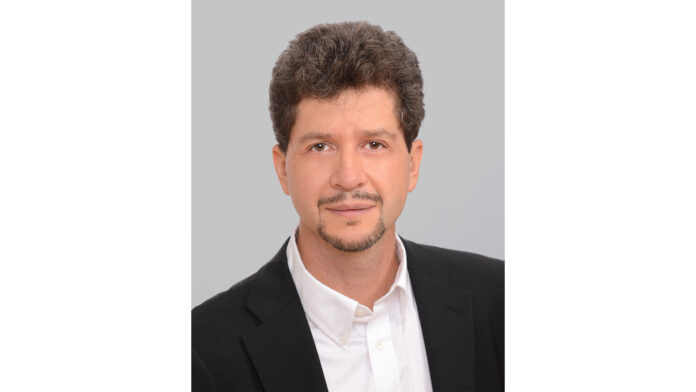Exploration of 500 year-old sea voyage relevant to COVID-19 today
Andrés Reséndez, a Latin American historian and professor, was recently awarded the Andrew Carnegie Fellowship, becoming the first professor at UC Davis to receive this award.
The fellowship awards exceptional scholars engaged in research in the social sciences and humanities who are working to address important societal issues. Award recipients receive a $200,000 stipend to help further their research.
Reséndez is a foremost scholar in colonial Latin American studies and has published several acclaimed works focusing on labor coercion and enslavement of indigenous peoples in the Americas.
His research focuses on Ferdinand Magellan’s voyage from Spain to both Latin America and Asia. Magellan’s initial voyage in 1519 helped cultivate a dense network of trade, exchange and cultural transformation that flourished for multiple centuries. Beyond commerce, this trade route fostered a sustained evolution of ideas, industries and diseases that impacted historical realities going forward. While other trade routes have been explored at length, the Magellan Exchange is an exception and has not been widely studied.
“I wanted to focus on exactly what exchange entails and how it shapes societies on both sides of the Pacific,” Reséndez said.
A key aspect of understanding the trade route’s significance is contextualizing the global influence China had at the time, Reséndez explained. With over 25% of the world’s population, China was a critical force that influenced the trade route and its impacts. Sustained trade led to the evolution of China’s agricultural sector, production of both luxury and low-cost goods and demand for New World minerals like silver. Delving into the complex realities of the trade route’s impacts on both Chinese and Latin American societies, Reséndez’s research moves away from a Eurocentric historical worldview.
“The story [of silver mining and extraction] is traditionally told as one of Europe extracting silver from the New World, but the end consumer was in fact China,” Reséndez said. “Most of the silver ended up in China either directly through the Manilla Galleon, or indirectly through Europe.”
While Reséndez originally applied for the fellowship in November, his research focus has uncanny relevance to the ongoing pandemic.
“COVID-19 is, after all, the transfer of a disease from China to other parts of the world,” Reséndez said. “This [voyage and trade route] is really the start of that transfer of germs, plants and animals to other parts of the world.”
Professor Charles Walker, who also teaches Latin American history, commented on the significance of the award.
“This is a timely and fascinating topic,” Walker said. “The Andrew Carnegie fellowship is a wonderful acknowledgement to a fantastic historian and dedicated teacher.”
Twenty-seven Carnegie fellows are selected each year out of over 300 applicants. Over the next year, Reséndez will engage in research surrounding his topic.
History Department Chair Sally McKee expressed enthusiasm about the award and its significance for the department.
“We in the History Department are extremely proud of our colleague,” McKee said. “The public attention and affirmation his scholarship has received are entirely deserved. In addition, he’s a great colleague.”
Due to COVID-19, Reséndez’s plans to engage in archival research are somewhat constrained. With hopes to travel to Mexico, China and Spain among other countries, the realities of his travel plans have been severely impacted by the pandemic. Reséndez said he can delay dispersal of travel funds until it is again safe to travel.
Written By: Ally Russell — campus@theaggie.org




